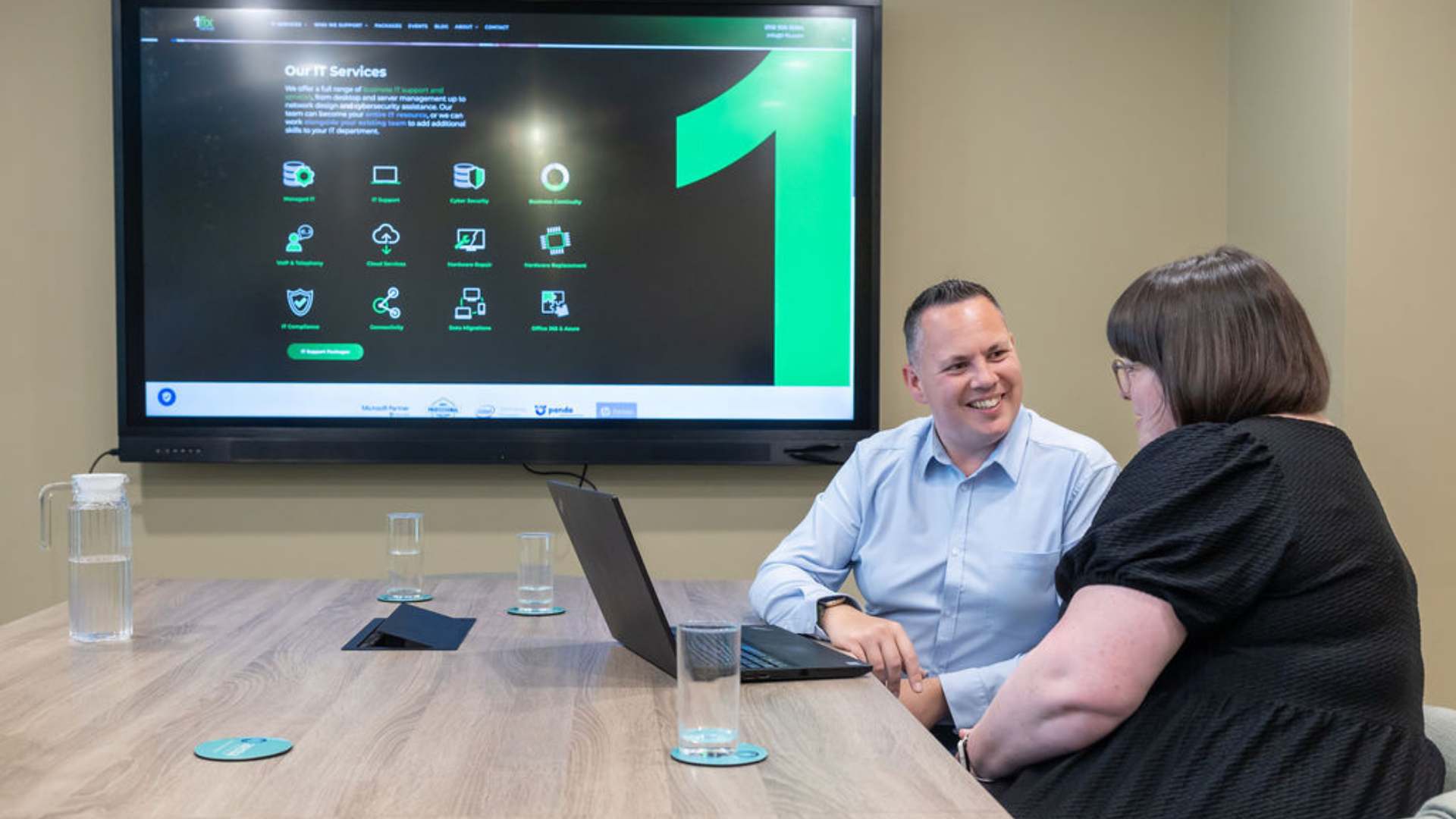Universities Face Increase in Ransomware Attacks as Students Return
Leo Daniels • September 17, 2020
This is a subtitle for your new post
Academia has faced fresh warnings of cyber-attacks after a rise was recorded in August when students returned.
According to an alert
issued by the National Cyber Security Centre (NCSC) there has been a recent spike in ransomware attacks against UK schools, colleges and universities. It claimed that, in recent incidents, it has observed remote desktop protocols and unpatched software and hardware being utilized, as well as attackers using phishing emails to deploy ransomware.
Attackers have also sabotaged backup or auditing devices to make recovery more difficult, encrypted entire virtual servers and used scripting environments (including PowerShell) to deploy tooling or ransomware.
Paul Chichester, director of operations at the NCSC, called the targeting of the education sector “utterly reprehensible” at such a challenging time.
“While these have been isolated incidents, I would strongly urge all academic institutions to take heed of our alert and put in place the steps we suggest, to help ensure young people are able to return to education undisrupted,” he said. ““We are absolutely committed to ensuring UK academia is as safe as possible from cyber-threats, and will not hesitate to act when that threat evolves.”
David Corke, director of education and skills policy at the Association of Colleges, said: “As the last six months have shown us, it has never been more important for colleges to have the right digital infrastructure in order to be able to protect their systems and keep learning happening, whatever the circumstance.”
Corke called for a “whole college approach and for a focus wider than just systems” to include supporting leaders, teachers and students to recognize threats, mitigate against them and act decisively when something goes wrong.
The NCSC recommended a number of actions to better disrupt ransomware attacks, such as having effective vulnerability management and patching procedures, secure remote desktop protocols with multi-factor authentication, enabling anti-virus and phishing preventions.
Dr Jamie Collier, intelligence analyst at Mandiant Threat Intelligence, said the influx of attacks against universities at the beginning of term “is indicative of threat actors’ ultimate aim with ransomware attacks – to maximize leverage and increase the chance of being paid.”
Collier said the start of term is a critical time for universities trying to onboard students, and their IT infrastructure being held to ransom will cause major operational issues, especially this year. “The issue for universities is compounded by the fact that they have a large and complicated network – which has to account for many departments, students using their own devices and sophisticated computing systems for research – making it difficult to enforce blanket security controls,” he said.
“The attack surface is large and constantly evolving, which means there are more opportunities for attackers to exploit it. Moreover, the data universities hold, including valuable or sensitive research and intellectual property, as well as thousands of students’ personal information, means that there is a lot at stake.”
He echoed the NCSC’s recommendations on patching and authentication, and also recommended universities use threat intelligence to identify the most likely ransomware attacks they will face to put the correct protection measures in place.
Collier said: “Ransomware groups are increasing and diversifying, which is why we are seeing more attacks. Only by identifying the techniques and methods of the most likely ransomware families for their region or the types of data they hold can universities be better prepared for the attacks they may face.”
We’re 1-fix, we can help you secure your business
At 1-fix, we take a realistic approach to technology – ensuring our client’s systems are best protected.
If you have any concerns, questions or simply want to explore how to better secure your business, please do get in touch with the team for a FREE demonstration, consultation to explore how exposed your business might be and identify actions to take.
Join Our Mailing List
All sign-ups are handled inline with our privacy policy and can unsubscribe at any time.






















